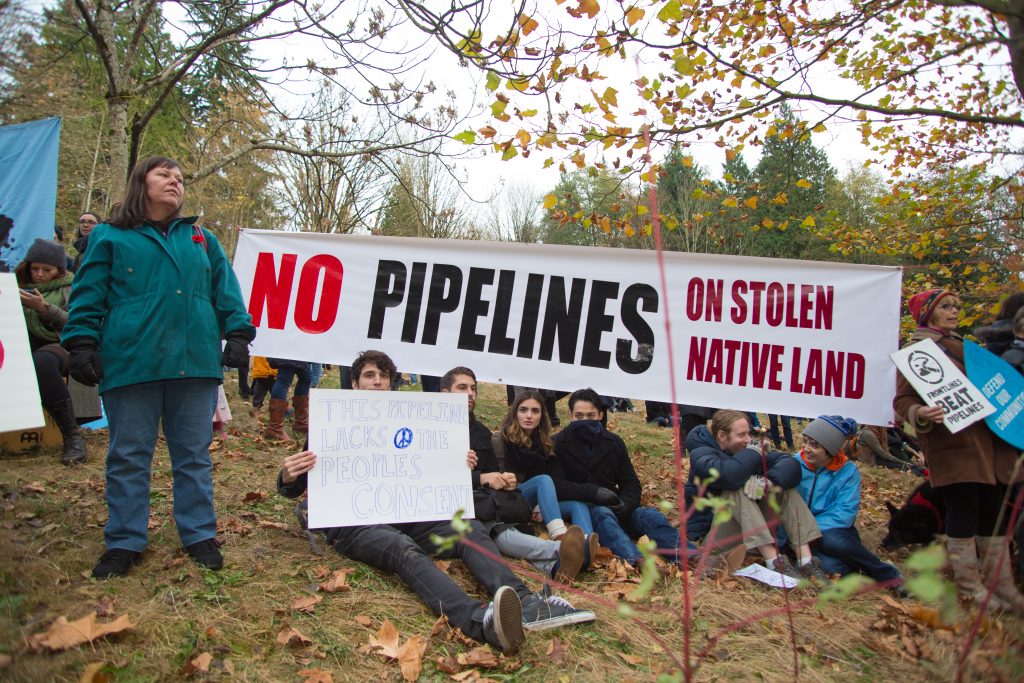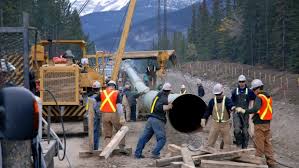Preserving the Future or Saving the Present?
The ABCs: Academic Bases Covered
Before the fun and fascinating activities start, see how they align to key information literacy skills from ACRL (Association of College and Research Libraries), program learning outcomes, and essential employability skills as defined by the Ministry of Training, Colleges, and Universities (MTCU). These bundle into the goals for the activities below.
Information Thresholds
- Authority Is constructed and contextual
- Information creation as a process
- Scholarship as conversation
Associated Ministry Standards
These activities provide practice in applying research skills, critical thinking, and communication. These skills are key to all college programs. However, the subject matter of the information and related tasks would likely be of interest to Construction Sciences, Environmental Technology, and General Education courses focused on sustainability. Some of the directly related program standards include:
Journalism Program Standards 1 and 4: Report on stories in an accurate, detailed, balance, professional, and timely manner; Analyze knowledge from communities, current events and public affairs, and history to interpret and express the context.
Business Program Standards 1 and 4: Identify and discuss the impact of global issues on an organization’s business opportunities by using an environment scan; Apply basic research skills to support business decision making.
Police Foundations Standard 2: Analyze all relevant information and make effective and legally defensible decision in accordance with ethical and professional standards.
Essential Employability Skills
- Communicate clearly, concisely and correctly in the written, spoken, and visual form that fulfills the purpose and meets the needs of the audience.
- Locate, select, organize, and document information using appropriate technology and information systems.
- Analyze, evaluate, and apply relevant information from a variety of sources.
Goals
Learners will develop and demonstrate skills to:
- design and refine needs and search strategies as necessary, based on search results;
- monitor gathered information and assess for gaps or weaknesses;
- follow ethical and legal guidelines in gathering and using information;
- draw reasonable conclusions based on the analysis and interpretation of information.
Check In Before You Dive In
Before you expand the following prompts, see if you can brainstorm the answers.
Assignment Details
Synopsis
From fracking to natural gas pipelines, projects to extract and move energy sources around the country have been debated for decades.
The harm these projects cause to the environment must be weighed against the opportunities they offer. Canadians are continually being asked to pick a side. The debate heated up again in late 2017, with Kinder Morgan Trans Mountain Pipeline project. It has provincial and federal approval, but the protests have stepped up. It has even caused inter-provincial bickering, boycotts, and bans. For example, Albertans, who are overall in favour of pipeline expansion, were encouraged to boycott wine from British Columbia, where citizens tend to be against the pipeline expansion and its harm to the environment.

OR

Setting the Scene
Whether you are a staunch environmentalist opposed to the pipeline with every fibre of your being or keen to keep Canadians working and contributing by construction of the pipeline, put whatever preconceived notions you have aside. While you will likely not be able to approach this activity with a clean the slate, be aware of your bias(es) and how they impact your explorations.
For this activity, you will be challenged to explore both sides and weigh the evidence you and your colleagues find.
Getting on the Same Page
Given that you either may be unaware of the issue or fall firmly on one side, you and your colleagues will collaborate to create a full picture of the issues involved in the Kinder Morgan Trans Canada debate.
Search newspaper articles, blogs, and websites to build a resource that provides evidence to support both sides of the Kinder Morgan Trans Canada debate. You will be using these resources for the main part of the activity and high quality resources will contribute to your success.
Make sure to add your name to the contributions you provide in order to receive credit for your active participation. Use the Padlet below to add your research to the appropriate columns. Challenge yourself to balance your view by finding a pro and an against resource or ones that provide both sides of the debate.
Your Tasks
- Peruse the assets colleagues have added to the collaborative research Padlet above.
- Choose a minimum of 1 article, video, image, etc. from your colleagues’ collection and comment (see Padlet for proposed method):
- questioning the information based on other research you have read;
- highlighting an aspect e.g., currency of the article, creator of the video. etc.
- Based on the research you and your colleagues found and annotated, pick a side of the debate. You will return to our communal Padlet to post your final decision.
- Write a 250-500 word position paper and upload it to the Padlet column, “Final Position Papers”. OR
- Use the other features in Padlet to create a multimedia position statement. There are audio and video options. Once again, add to the Padlet column, “Final Position Papers”.
- Make sure to identify yourself in your Padlet post.
Research Boost
The following sections under the Research Hub in The Learning Portal will enhance your completion of this assignment:
- “Searching Language” section
- ‘Databases’ under “Library Search Tools Explained

